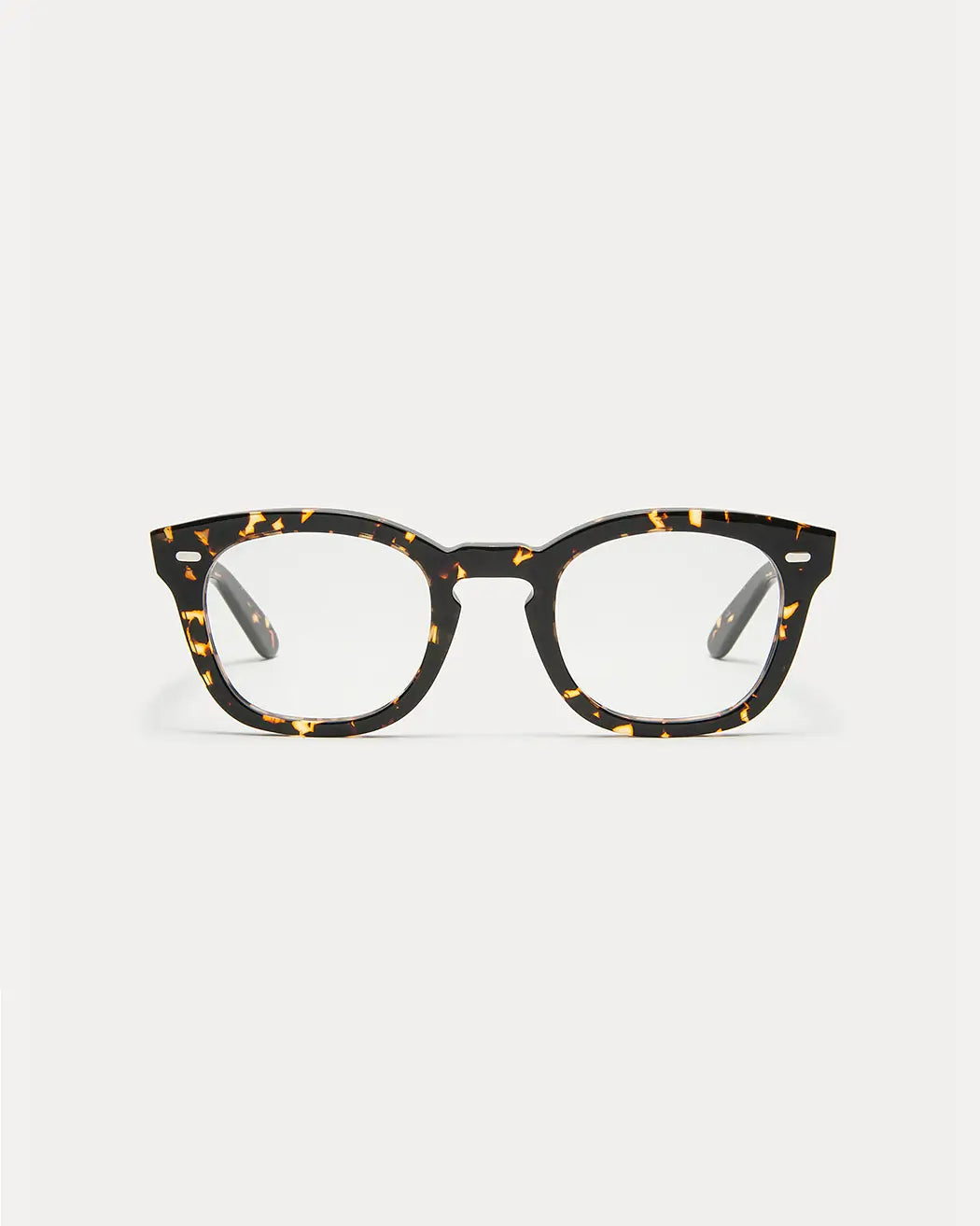What's The Difference Between Nearsighted and Farsighted

Are you nearsighted or are you farsighted? What is the difference between the two?
What’s The Difference Between Nearsighted and Farsighted?
It’s the most fundamental topic in optics: Am I nearsighted or farsighted? So what’s the difference between the two and what does it really mean to be nearsighted or farsighted?
Nearsighted
Myopia is the scientific term for nearsightedness. If you are nearsighted, or myopic, you have an easier time focusing on things that are closer and more difficult time on things far away. The more nearsighted you are, the more blurry your distance vision is and the more reliant you are on glasses to help see things clearly.
Optics of Nearsightedness
Generally speaking, when light of a distance object enters an eye that is nearsighted, it comes to focus in front of the retina instead of exactly on it. This causes blurred vision and the eye has no natural way to move that out-of-focus light backwards to focus it. So we use minus (-) optical lenses to push that light into focus perfectly on the retina.
Farsighted
Hyperopia is the scientific term for farsightedness. Optically speaking farsightedness is the opposite of nearsightedness. However, functionally speaking farsightedness plays by its own rules. If you are farsighted, you may experience clear vision at a distance while near tasks may be more difficult for you.
Many with farsightedness don’t experience blurry vision the same way someone with nearsightedness would. This is because for most of our lives we have the ability to use our focusing system, or accommodation, to help keep our vision clear. It is more difficult to do this with our near vision compared to our distance vision but it is stressing on the eyes for both.
Optics of Farsightedness
The optics of a farsighted, or hyperopic, eye is a little more entertaining. When light of a distance objects enters an eye that is farsighted, it comes to focus behind the retina. What is awesome and much different than a nearsighted eye is that our eye has the ability to use it’s focusing system, accommodation, to move that light forward and in focus on the retina. This is why if you are farsighted you may feel like you have “perfect vision” when in reality, you don’t.
This constant focusing to keep your distance vision clear causes stress on the eye and leads to eyestrain and blurry vision. Glasses for farsightedness use plus (+) optical lenses to bring that light into focus on the retina and to help relax the eye’s natural focusing system.
Which is Better: Nearsightedness or Farsightedness?
There is no correct answer to this. Whether it is better to be nearsighted or farsighted is a personal preference and mainly depends on your lifestyle. For example, if you would rather be less dependent on glasses when looking far away but don’t mind putting them on when you work at your laptop or on your phone, you’d rather be farsighted. Someone else may enjoy the luxury of taking off their glasses when working at their desk so they don’t mind being nearsighted.
Of course there is a wide range of prescriptions for both nearsightedness and farsightedness and the further you are away from optical zero in either direction will depend of the clarity of your vision and how much you will depend on your glasses.




